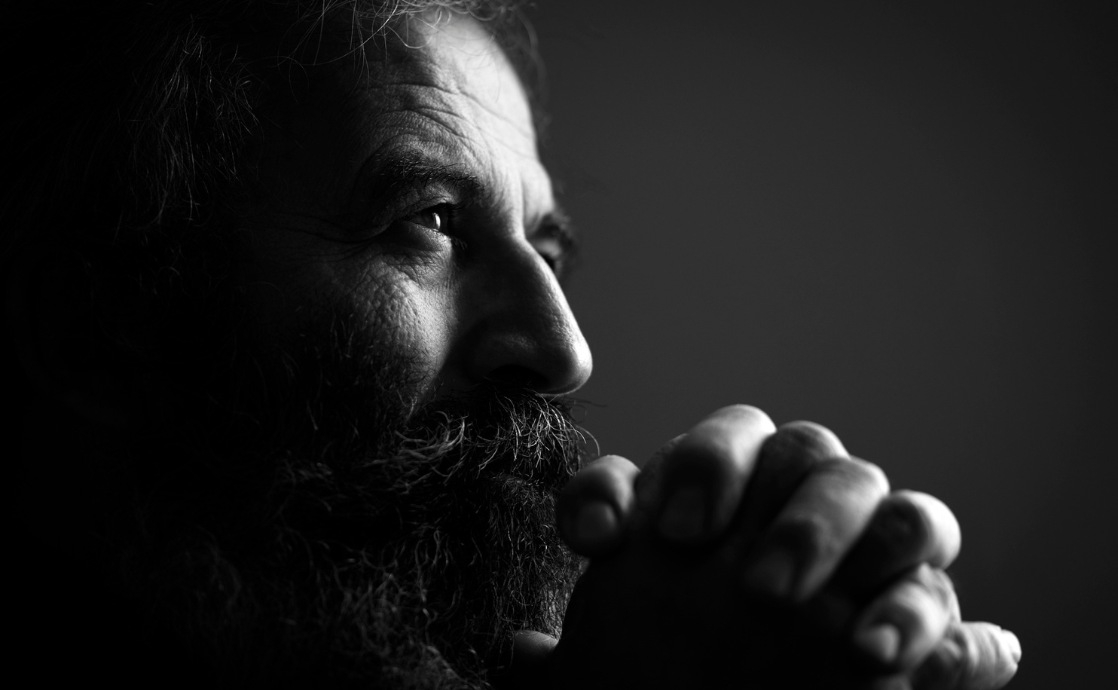The views expressed in our content reflect individual perspectives and do not represent the authoritative views of the Baha'i Faith.
If you’ve ever visited the Vietnam War Memorial in Washington, D.C., you’ve seen the names of the 58,000 Americans who died in that war. I’m here to tell you – some of them did not die in combat.
As a conscientious objector Army soldier during the war in Vietnam, I saw death in its ugliest forms – but in some strange ways, accidental or self-inflicted death by alcohol seemed much worse than death in battle.
So yes, you can drink yourself to death. I have seen it happen.
Many of the soldiers in wars die from their wounds, but few people who haven’t experienced armed conflict know that a pretty consequential number are killed by their own behaviors. Ingesting too much of their drug of choice, often alcohol, kills many. I saw it occur several times – the official cause of death: alcohol poisoning. I also saw officers writing letters home to the families of those dead soldiers, saying that they died bravely in battle in order to spare the survivors the shame and stigma of an alcohol-induced death.
RELATED: How the Baha’i Faith Helped Me Get Sober
How does it happen? Simply, a soldier starts drinking as heavily and as quickly as possible, determined to blot out the grisly reality of war. Seeking oblivion, the drinker usually has a goal of rapidly bingeing so much alcohol into the bloodstream that a blissful loss of consciousness will occur, at least for a while. Some of these G.I.’s might have been suicidal, but most of them who I encountered just wanted some temporary relief, some brief anesthesia from the enormous psychic pain all around them.
But it’s easy to miscalculate, and drink too much. When that happens, it triggers an alcohol overdose, which means the areas of the brain that control your body’s basic life-support functions – heart rate, breathing, core temperature – start to shut down. Death soon follows.
That exact thing happened to a close friend I’ll call Ernie (not his real name), a fellow soldier in my platoon in the 101st Airborne Division in Vietnam. Ernie came from a small agricultural town in Missouri, and when he enlisted in the Army he was just a kid – 17 years old and fresh off the farm. I don’t think Ernie ever had a drink before he put on a uniform. Innocent and naïve, Ernie went through some terrible experiences early in his deployment, and suffered as a result. He lost his faith in humanity, as many do in wartime. It made him want to drown his disappointment. One day he came back to the base after surviving a vicious firefight, said “I’m going to get as blotto as I can tonight,” and didn’t live to see the next morning.
I know now that if I hadn’t encountered the Baha’i Faith and stopped my own teenaged binge drinking before I was drafted, I could have easily ended up that way myself.
Instead, I tried to be a Baha’i. As Abdu’l-Baha said in London in 1911:
A Baha’i denies no religion; he accepts the Truth in all, and would die to uphold it. He loves all men as his brothers, of whatever class, of whatever race or nationality, of whatever creed or colour, whether good or bad, rich or poor, beautiful or hideous. He commits no violence; if he is struck he does not return the blow. … As a safeguard against intemperance he does not drink wine or spirits. Baha’u’llah has said it is not good for a sane man to take that which will destroy his health and sense.
This wasn’t easy in the face of war, but I maintained my sobriety through the course of my deployment, and have maintained it ever since. I sought temperance, and I owe my life to that fact.
By temperance, I don’t think Abdu’l-Baha only meant the usual understanding of the word:
temˑperˑance n. moderation in drinking alcohol or total abstinence from it
Instead, he may have been referring to this broader alternative definition, listed first in the dictionary:
temˑperˑance n. self-restraint in conduct and indulgence of the appetites, moderation
RELATED: A Spiritual Case for Embracing Sobriety
Of course, the root word of temperance is temper. Adolescents, especially young men, don’t always have a good grip on their tempers – which explains one of the reasons, perhaps, why armies always seek young soldiers who are not yet fully in control of their rage or their appetites or their rationality. We’ve learned recently, through multiple scientific studies, that those in late adolescence or early adulthood, especially males, don’t always develop their full abilities regarding good judgment until they reach their mid-twenties. Healthy decision-making occurs in the brain’s prefrontal cortex – but because the prefrontal cortex keeps developing until our early- to mid-twenties, our decision-making abilities don’t fully mature until we’re well into early adulthood.
I suspect that this neurological maturation may be one of the reasons the Baha’i teachings say “… experience has shown how much the renouncing of tobacco, wine and opium gives health, strength and intellectual enjoyment, penetration of judgement and physical vigour.”
That “penetration of judgment” phrase obviously refers to healthy, wise, and judicious decision-making. Since the decisions we make today determine our fate tomorrow and beyond, we each need to seek the very best wisdom our brains and souls can muster at each point in our human development. That’s one of the reasons the moral teachings of religion can have such a positive impact on society – because they temper our tempers.
When we take addictive substances out of that equation, and leave them out, we’ll make better decisions and live longer, healthier, and happier lives.
















Comments
Sign in or create an account
Continue with Googleor